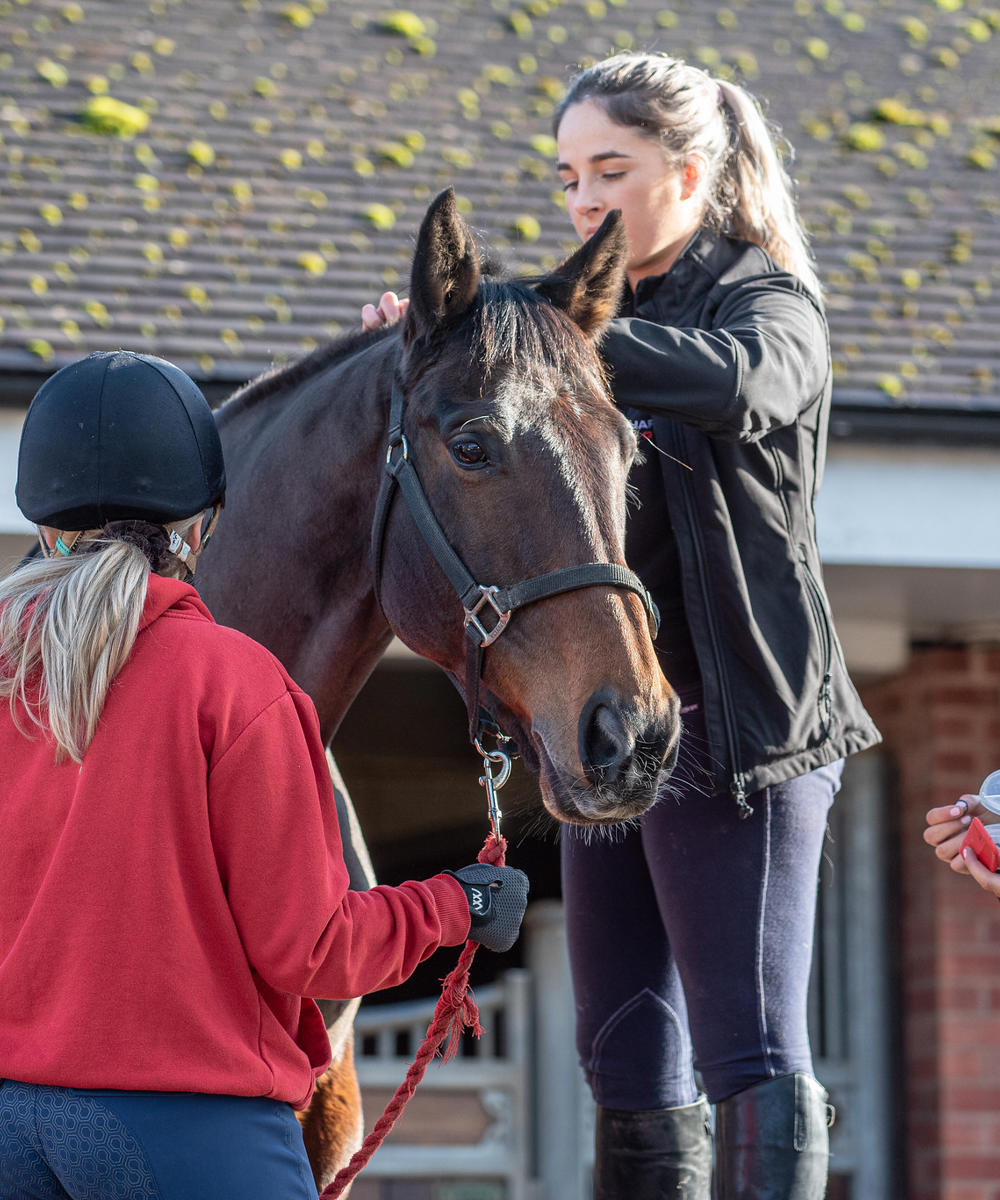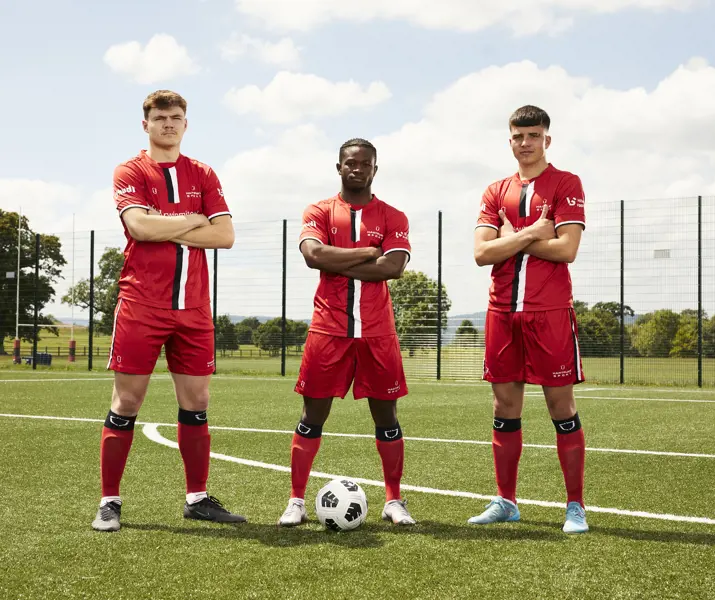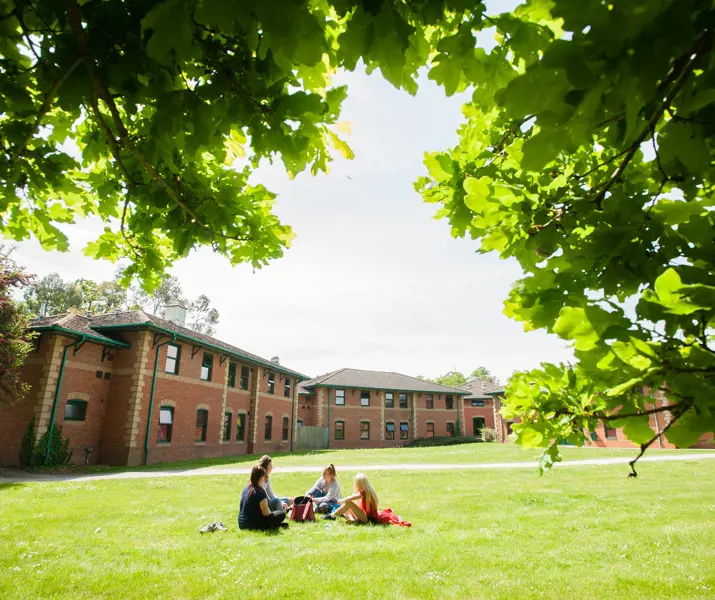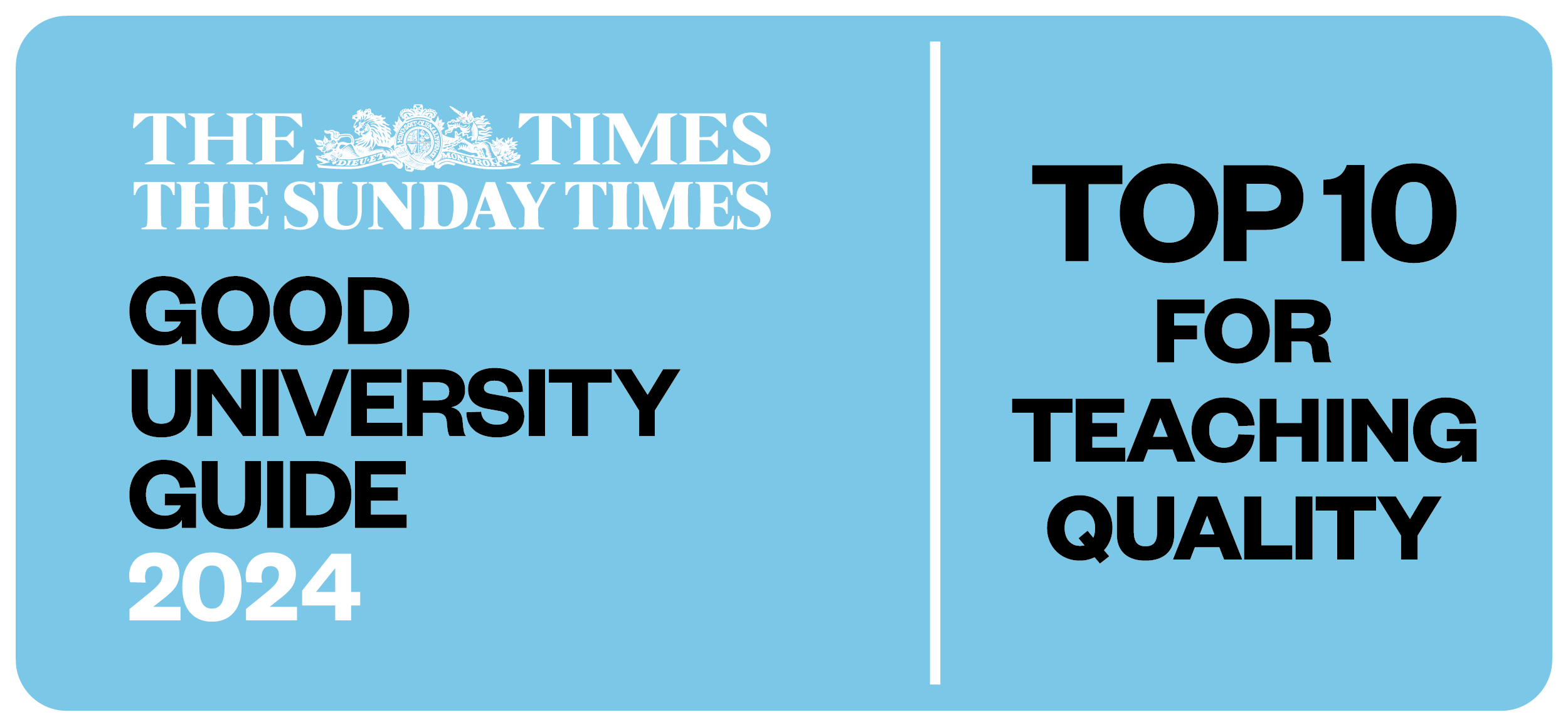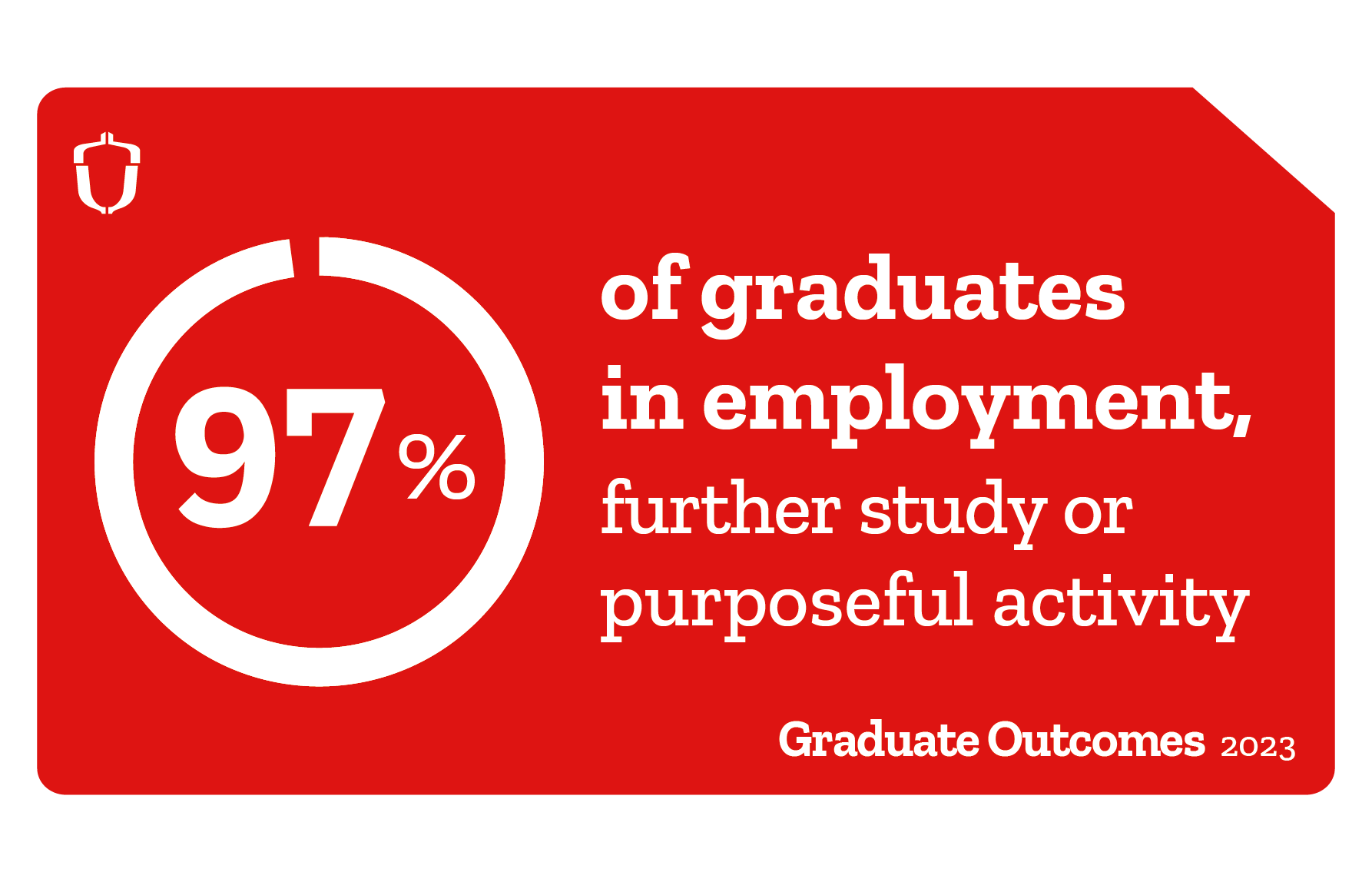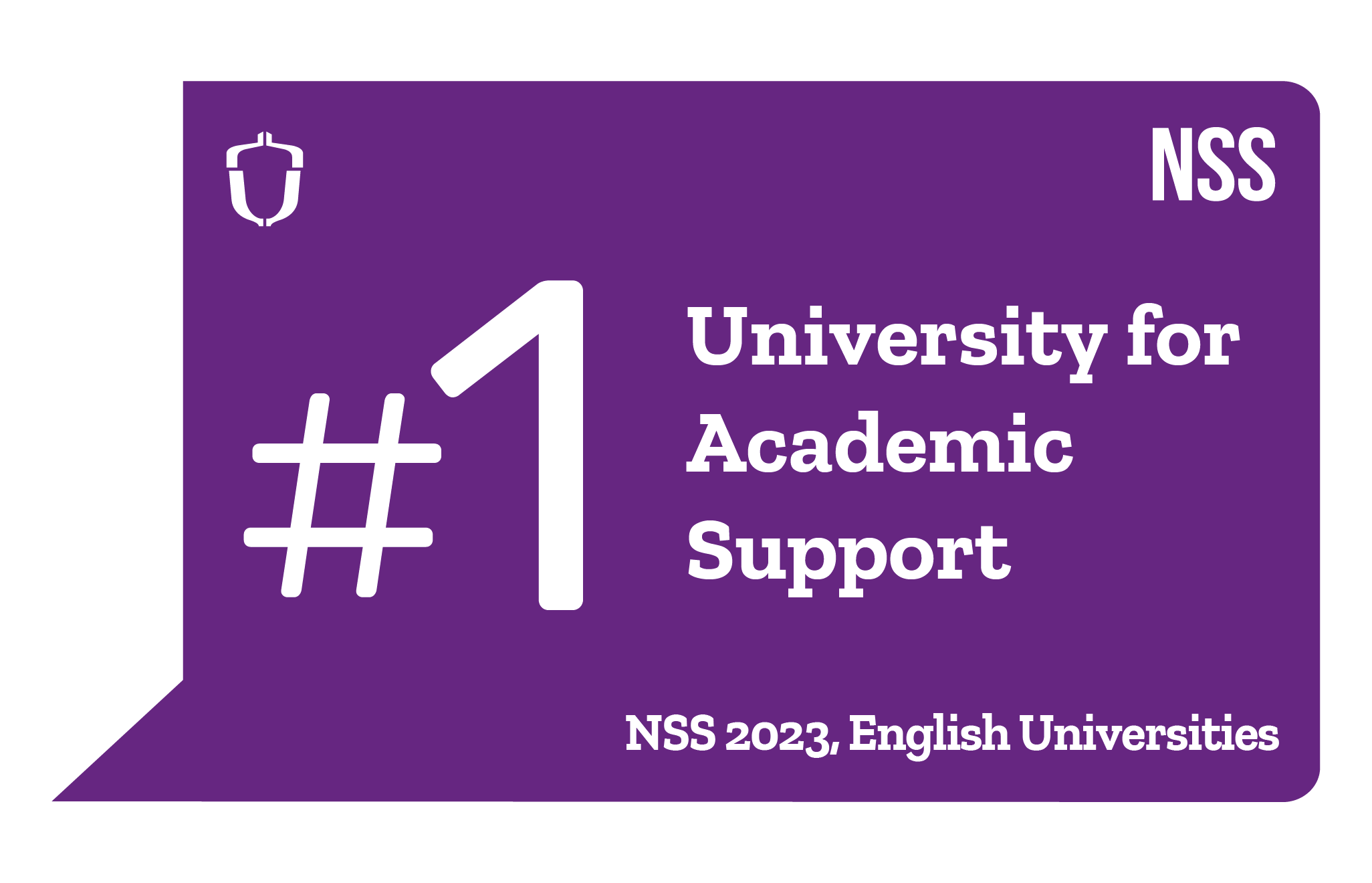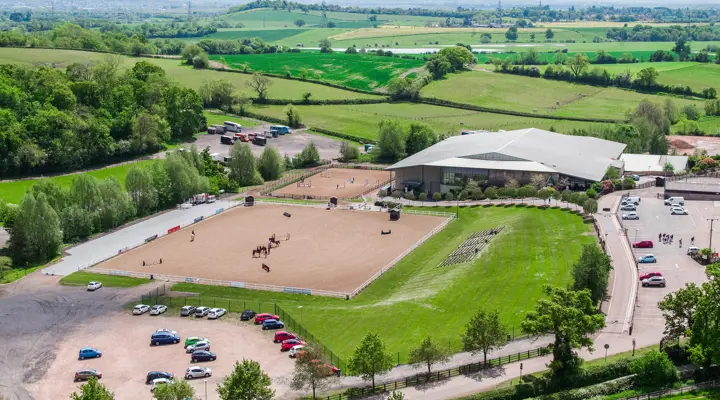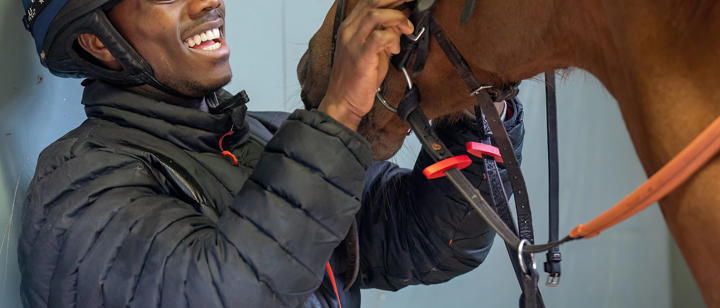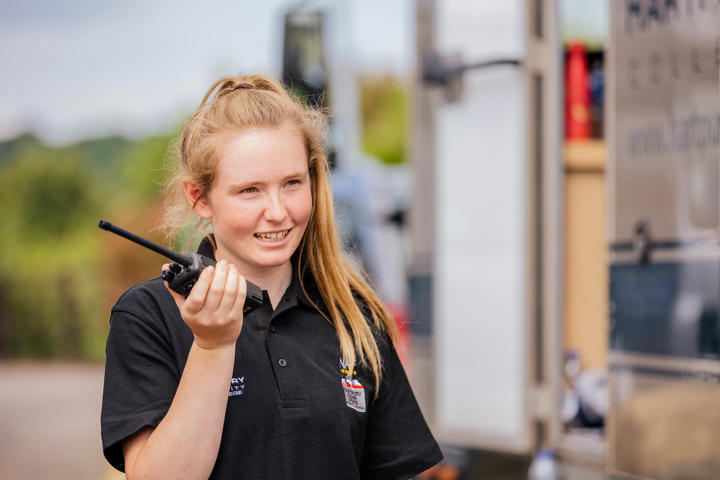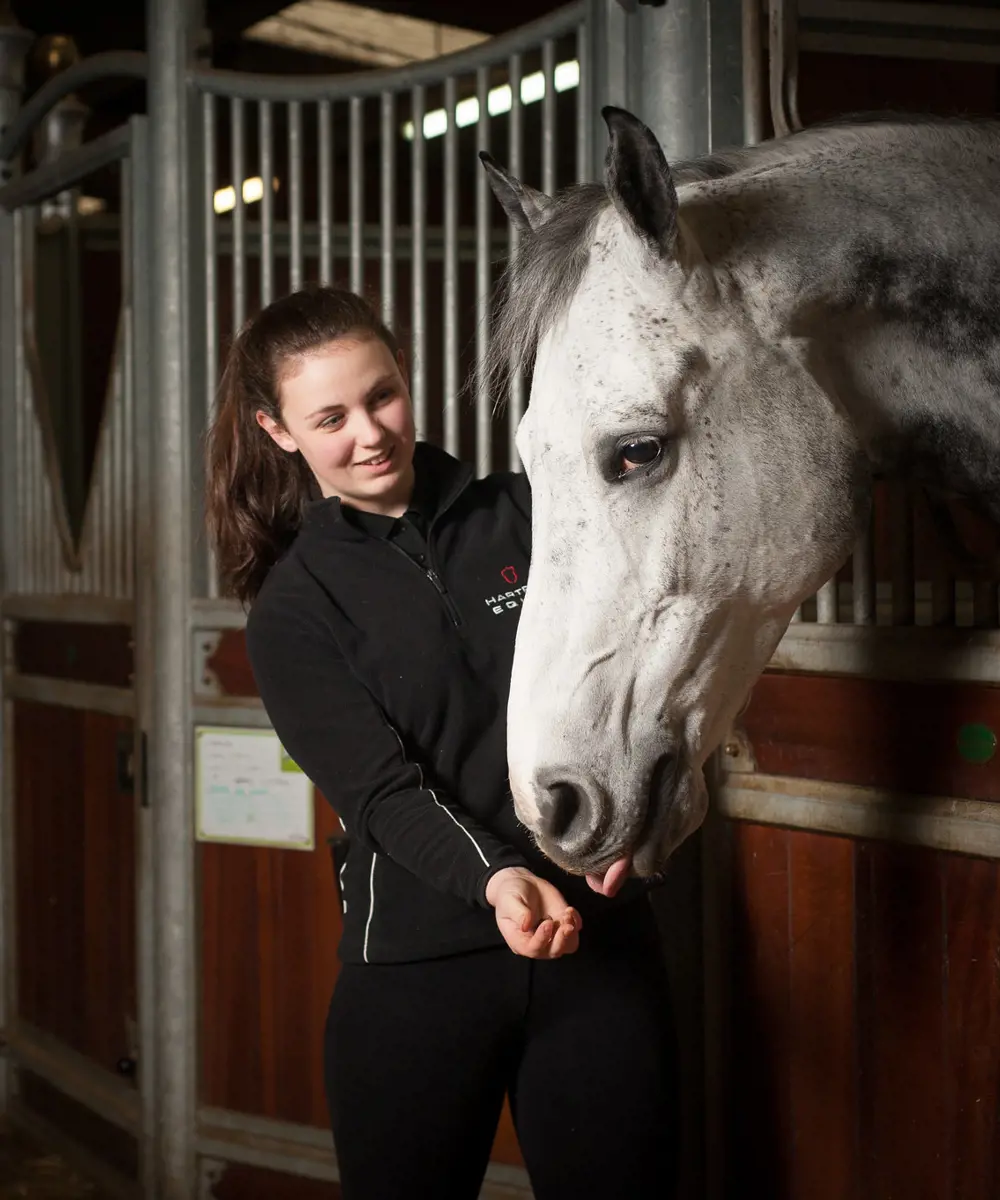This hands-on course will give you the experience required to work within the performance horse industry. This could be as a top-level groom, yard manager, or as a coordinator within a governing body or industry organisation. You’ll focus on maximising equine performance with an emphasis on training, management, and the nutritional requirements of competing horses. Industry-focused modules will prepare you to make important decisions in your chosen career.
You’ll develop your skills while undertaking valuable industry experience to ensure you’re ready for your career when you graduate from the course. You’ll benefit from industry-leading facilities, including our commercial equine therapy and rider performance centres. Our relationships with local and national equine businesses will provide opportunities for you to gain a feel for life in industry.
-
UCAS | A typical offer for this course is 64-80 UCAS tariff points or equivalent.
-
GCSE | A minimum of 5 GCSE A* to C, (or 9 to 4 where numeric grades are being awarded) or equivalent, to include English Language, Mathematics and a Science.
-
A-level | Typical offer is CC-CDD or equivalent. This must include a minimum of two A Levels.
-
Vocational Award | Typical offer is a MPP-MMP in an Extended Diploma in a relevant subject.
-
Access | Typical offer is 64-80 UCAS tariff points in an Access to Higher Education Diploma.
- IB | Typical offer is 64-80 UCAS tariff points in an IB Diploma, to include a minimum of one Higher at H3 or above.
This must also include Maths and English Language at a minimum of Standard Level S3 if equivalent GCSEs have not been obtained.
- Scottish Highers | Typical offer is 64-80 UCAS tariff points in Scottish Highers. This must include a minimum of one Advanced Higher and one Higher.
- Irish leaving Certificate | Typical offer is 64-80 UCAS tariff points in the Irish Leaving Certificate. This must include a minimum of one Higher. This must also include Maths and English Language at a minimum of Ordinary Level.
- OCR Cambridge Technical | Typical offer is a MPP-MMP in a Cambridge Technical Extended Diploma in a relevant subject.
- T Level | Typical offer is Pass in your T Level overall grade in a relevant subject.
We welcome students with equivalent qualifications. Please contact us to discuss.
We may interview mature applicants and those with non-traditional qualifications to ensure this is the right course for you.
Previous learning towards a university-level qualification or relevant work experience may count as credit for this course.
Please contact us for further information.
Email us
Your support network
You'll benefit from a strong support network from day one to be the best you can be. This will range from your personal tutor and specialist academic support team (our Achievement and Success Centre) to dedicated wellbeing and employability (Innovation, Careers and Enterprise) centres.
Academic support
You’ll have your own personal tutor while you’re here who will support you to succeed in your studies. You’ll also have access to our academic and wellbeing support teams who run regular workshops and one-to-one sessions on campus and online.
Alongside this, we have a comprehensive bank of online study skills resources to help you make the most of your qualification.
Your learning experiences
You'll experience a range of teaching methods to strengthen your digestion of topics, including lectures, workshops and practical sessions, as well as supported work placement learning as part of many courses.
Your career
Each year of your course will be made up of two semesters, within which you’ll study compulsory and optional modules on different industry-focused topics, enabling you to develop your own unique portfolio of knowledge, skills and experience, ready for your career. The course is taught in English.

